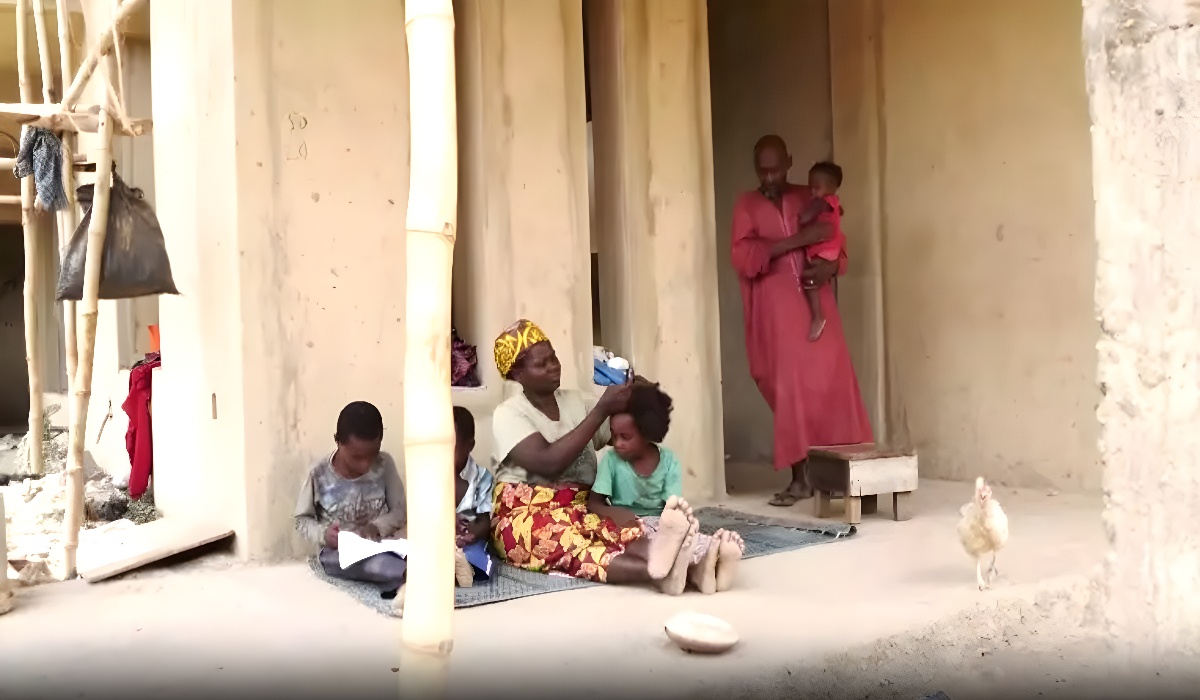In recent years, Nigeria has witnessed a disturbing surge in kidnappings, particularly in the northwest and central regions of the country. Criminal gangs, taking advantage of vulnerable areas, have been brazenly abducting individuals for ransom, causing profound distress and upheaval within families and communities alike. The repercussions of these abductions are far-reaching, stretching beyond mere financial loss to inflict emotional trauma and social instability.
According to reports from SBM Intelligence, a staggering sum of over $18 million was paid in ransom between 2011 and 2020, underscoring the scale of this menacing trend. Families like that of Mohammed Bello have found themselves thrust into a nightmare scenario. Bello, a resident of Katsina State for over five decades, was forced to flee his home with his loved ones due to the constant threat of kidnapping looming over them. His mother became a victim of this scourge four months ago, with her captors demanding a hefty ransom of over $2000 for her safe return.
Bello’s anguish is palpable as he shares his ordeal, recounting sleepless nights and the agonizing struggle to provide for his family on meager earnings from his job at a construction site. The uncertainty surrounding his mother’s fate haunts him, exacerbated by the relentless torment of the kidnappers’ calls. “We don’t even know if she is alive. I’m very worried,” he confides, reflecting the anguish faced by countless families grappling with similar circumstances.
The situation is dire, with the northwestern state of Kaduna emerging as a hotspot for kidnappings. In March alone, more than 280 individuals were abducted, underscoring the urgent need for decisive action. Security analysts like Yusuf Bako attribute this alarming rise to the prevailing political and socio-economic landscape, characterized by vast ungoverned spaces and minimal government presence. Criminal elements exploit these vulnerabilities to perpetrate their nefarious acts, driven by the lucrative prospect of ransom payments that fund their activities and armaments.
In response to the escalating crisis, calls for enhanced security measures have grown louder. Experts advocate for the deployment of additional troops and resources to volatile areas, emphasizing the imperative of bolstering the capacity and capabilities of law enforcement agencies. This entails not only increased funding and training but also the utilization of advanced surveillance technology to thwart criminal activities proactively.
Furthermore, there is burgeoning support for the establishment of state police forces to complement existing national law enforcement efforts. Sixteen states have already voiced their backing for this initiative, signaling a collective acknowledgment of the need for localized security solutions tailored to the specific challenges faced by communities. Additionally, efforts are underway to fortify vulnerable areas through the deployment of special forces and the establishment of new police bases, as evidenced by recent developments in Kaduna State following the abduction of 137 students.
Amidst the grim realities of Nigeria’s kidnapping epidemic, individuals like Mohammed Bello cling to hope for a swift resolution and the safe return of their loved ones. Yet, achieving lasting security and stability requires concerted efforts at the national and local levels, encompassing proactive law enforcement strategies, community engagement, and socio-economic development initiatives. Only through such comprehensive measures can Nigeria stem the tide of kidnappings and safeguard the well-being of its citizens and families.









